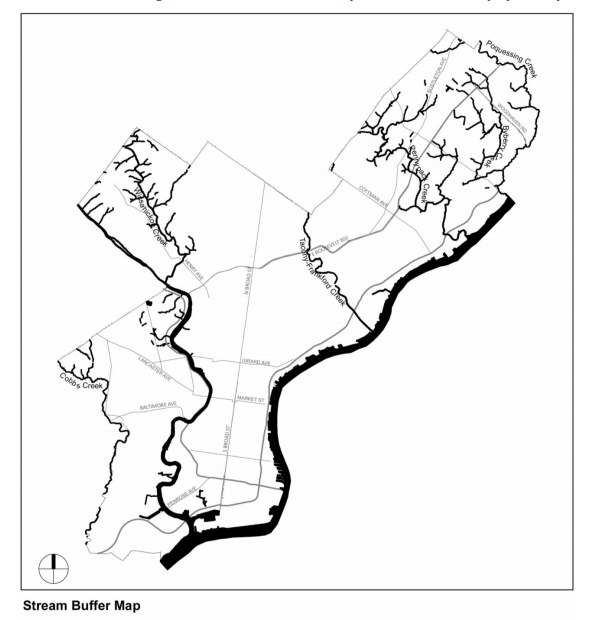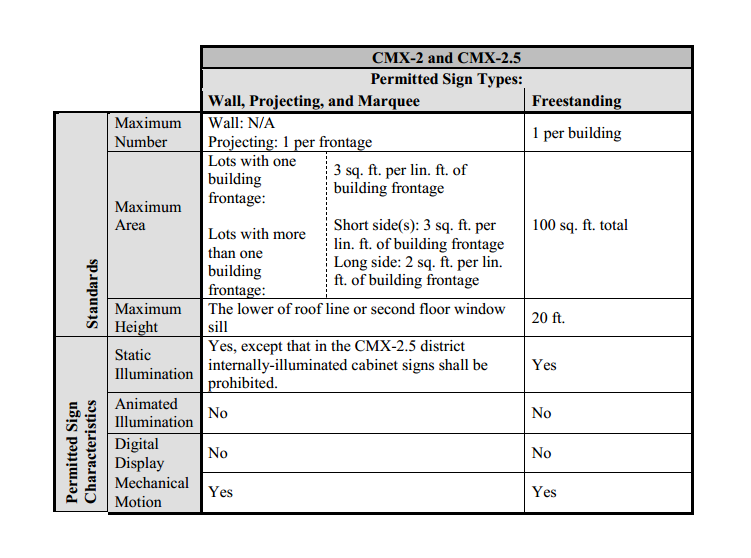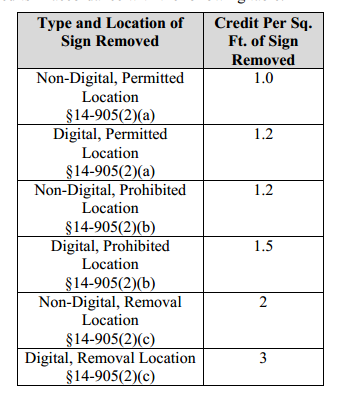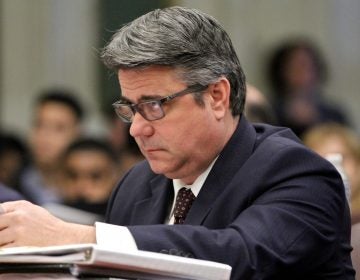Council will consider 11th-hour amendments to new zoning code
Councilman Bobby Henon introduced a bill in City Council Thursday morning amending portions of the new zoning code related to Civic Design Review, the pending ordinances doctrine, stream buffers, and parking. The bill will get a hearing in Council’s Rules Committee June 12 and, if Council chooses to pass it before its mid-June recess, take effect alongside the new code in August. The legislation was co-sponsored by Councilman Bill Green.
Henon’s zoning amendments come on the heels of bills introduced last week by Councilman Curtis Jones on behalf of Council President Darrell Clarke containing new sign control regulations and certain “clean-up” amendments to the code.
The new changes appear to be relatively minor.
The first adjusts the definition of a pending zoning ordinance. Under the “Pending Ordinance Doctrine,” zoning bills which are under active consideration by City Council are to be treated by the Department of Licenses and Inspections as if they are law.
This doctrine may be put to use shortly on the Delaware waterfront. As reported by Kellie Patrick Gates on this site, Councilman Mark Squilla failed to introduce the Central Delaware zoning overlay into City Council Thursday, leaving too little time for the bill to go through committee and pass Council before its recess. Therefore, it won’t take effect with the new code at the end of August.
But if Squilla were to introduce the overlay bill next week and get it into a committee before the Council recess, it could be considered enforceable pending legislation through the summer when the code takes place.
Henon’s bill qualifies that a Council committee must recommend a pending ordinance favorably in order for it to go into force. The current text of the code defines a pending ordinance as one that is under active consideration, but not necessarily recommended by a committee. Henon’s amendment says that ordinances which have been voted out of committee unfavorably are non-binding.
Stacey Graham, a legislative aide to Councilman Bill Green, said the goal of the amendment is to start the pending ordinance doctrine later in the development process, giving homeowners or developers more time to get permits that may become illegal under bills introduced to Council.
“The idea for this amendment is to open up that window of opportunity,” Graham said.
The bill also clarifies the process of Civic Design Review. Henon’s bill specifies that when L&I determines a variance application requires CDR, it must schedule a Zoning Board of Adjustment hearing for the application on a date “that is closest to 120 days from the date of determination by L&I.” It must also schedule a CDR hearing for 60 days from its date of determination.
Furthermore, the bill allows for the creation of more than one Civic Design Review committee on an individual development project. This amendment is intended to prevent undue delays of the CDR process that may be caused by scheduling conflicts among individual committee members, according to Graham. Graham said she planned to suggest that the amendment be changed to provide for alternate members to the CDR committee, rather than creating wholly separate committees.
“The intent is to reduce the amount of time that it takes to go through the CDR process and to get the project underway,” Graham said.
Another amendment clarifies that provisions of the zoning code related to stream buffers will be applicable only after a buffer map in the new code which is for “illustrative purposes only” is replaced by a Water Hydrology Map. The Water Dept. is charged with creating the new map, showing the course of any water source that contributes to the City’s drinking water sources.
The bill also removes references to limits on the amount of parking that development projects may provide. Councilman Green explained that the parking provision was intended to require a minimum amount of parking to offset the impact of certain developments, but that it didn’t make sense to limit the amount of parking area developers could provide. Specifically, the bill deletes the following provision from the “Purpose” section of the new code’s chapter on parking: “Encourage the efficient use of land by avoiding excessive amounts of land being devoted to parking and thus unavailable for other productive uses.”
Graham said that she thinks the amendments are necessary, but that the language of the bill is very poorly written, as the bill needed to be introduced quickly to get in under the tight timeline of the current Council session. She fully expects Henon’s and Green’s offices will clean it up and clarify it before it goes into effect.
Eva Gladstein, former director of the Zoning Code Commission and current deputy director of the Planning Commission, said that she had “skimmed” the amendments, but hadn’t had time to evaluate their merits.
The two zoning bills introduced by Clarke last week will be discussed at a Planning Commission meeting this Tuesday, May 29, at 1 p.m. at 1515 Arch St.
Contact the reporter at jaredbrey@gmail.com and follow him on Twitter @jaredbrey
WHYY is your source for fact-based, in-depth journalism and information. As a nonprofit organization, we rely on financial support from readers like you. Please give today.







